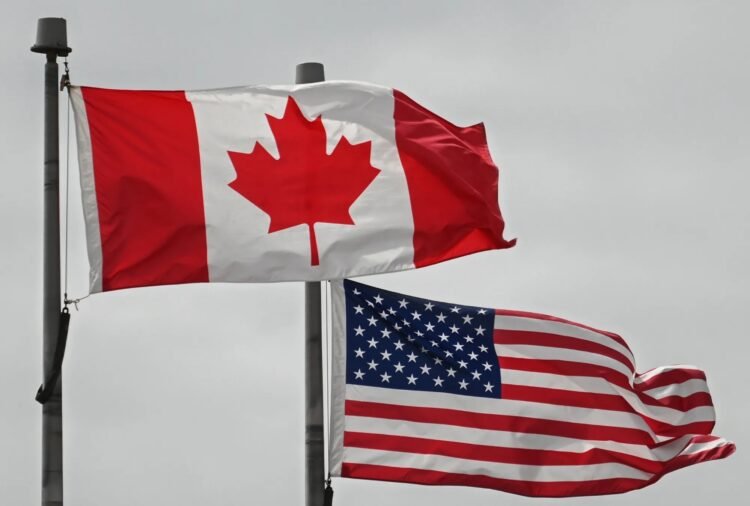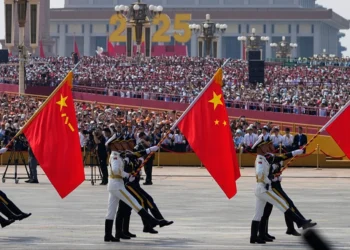OTTAWA — In a dramatic policy reversal aimed at reviving stalled trade talks with Washington, the Canadian government announced late Sunday night that it will rescind its controversial digital services tax. The move follows an ultimatum from U.S. President Donald Trump, who last week threatened to terminate all negotiations unless the levy on American tech giants was dropped.
The digital tax, originally slated to take effect June 30, would have imposed a 3% charge on revenues earned from Canadian users by multinational tech companies such as Google, Amazon, Meta, and Airbnb. The levy was expected to retroactively generate up to US$2 billion — 90% of which, according to a U.S. congressional letter, would have come from American firms.
Retreat to Reboot Relations
“This decision clears the path for vital progress in forging a new economic and security relationship with the United States,” Finance Minister François-Philippe Champagne said in a statement. He confirmed legislation to formally rescind the tax would be introduced shortly.
The announcement marked a sharp turnaround. Just last week, Champagne had declared that Canada was moving ahead with the tax, approved by Parliament as a fairness measure to ensure big tech firms contribute their share to Canadian coffers.
But mounting U.S. pressure forced a strategic reassessment. On Friday, Trump took to his social media platform Truth Social to denounce what he called an “egregious tax” and warned that Canada would face new tariffs within a week unless it reversed course.
Trump’s Hardline Tactics Yield Results
The showdown follows a recent G7 summit in Alberta, where Trump and Prime Minister Mark Carney had agreed to initiate trade and security negotiations within 30 days. That timeline was put in jeopardy when Trump abruptly halted talks after Canada held firm on the digital tax — at least until now.
“Rescinding the tax allows negotiations to resume with our original July 21 deadline intact,” Carney said Sunday night. “Our government will always prioritize the interests of Canadian workers and businesses in any future agreement.”
U.S. Commerce Secretary Howard Lutnick welcomed the reversal, calling the tax a “deal breaker” that had threatened broader economic cooperation.
A Global Flashpoint
The Canadian tax had become part of a larger international dispute over how digital revenue should be taxed. While several European countries have introduced similar levies, the U.S. has pushed back aggressively, arguing such measures unfairly target American companies due to their global dominance in the tech sector.
The Biden administration had also opposed Canada’s tax, though it did not issue an ultimatum as Trump’s team did.
Despite the backlash, Canada and other nations had defended the measure as necessary for tax equity — ensuring digital companies pay comparable rates to brick-and-mortar businesses.
What’s Next?
With the tax suspended and a new legislative repeal in the works, the focus now shifts back to the negotiating table. Officials from both countries are expected to resume talks immediately, with the July 21 goal for a revamped trade and security agreement still officially on track.
Whether this compromise leads to broader concessions — or merely pauses further friction — remains to be seen. For now, Ottawa is betting that de-escalation is the fastest route to progress.

 English
English



























































